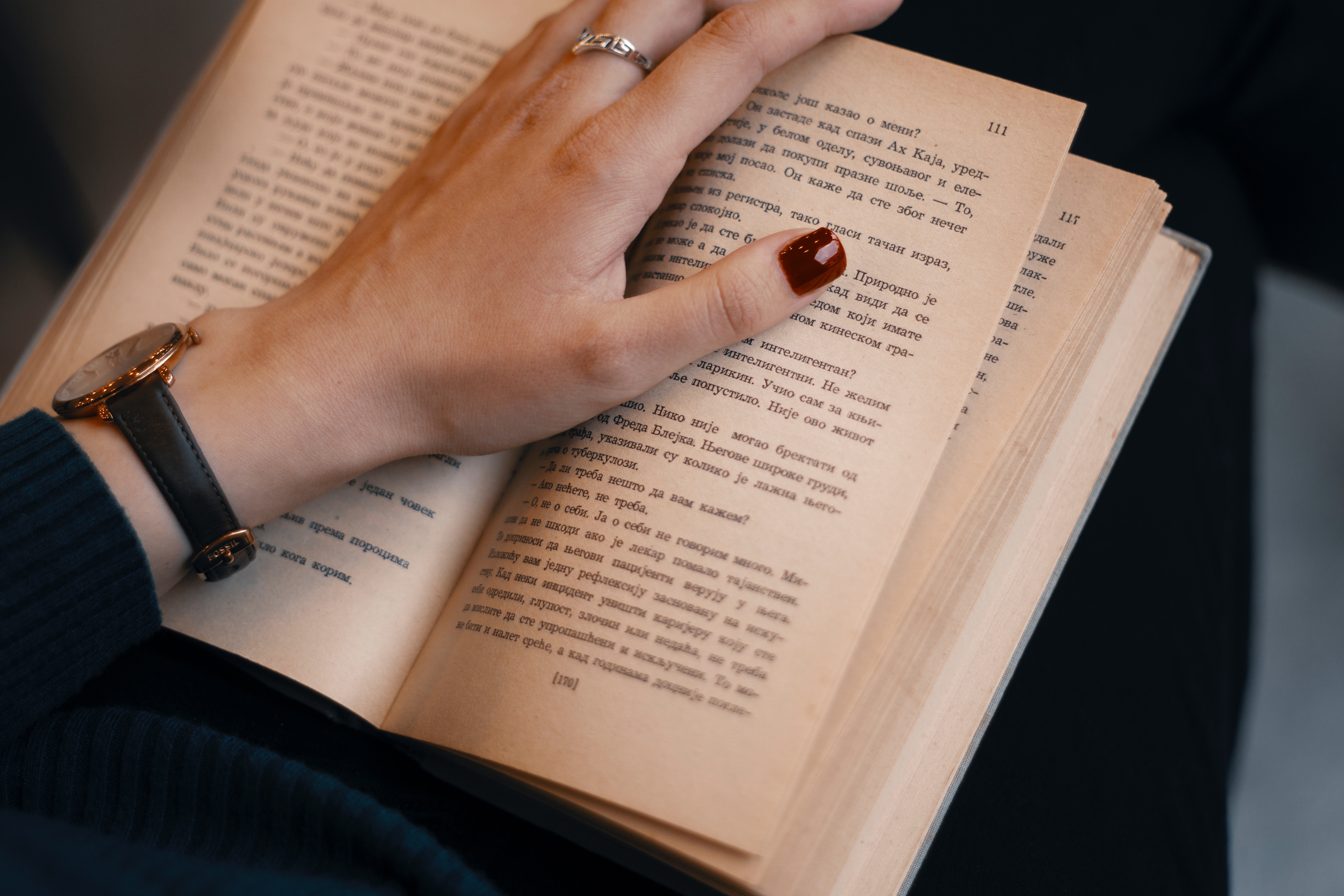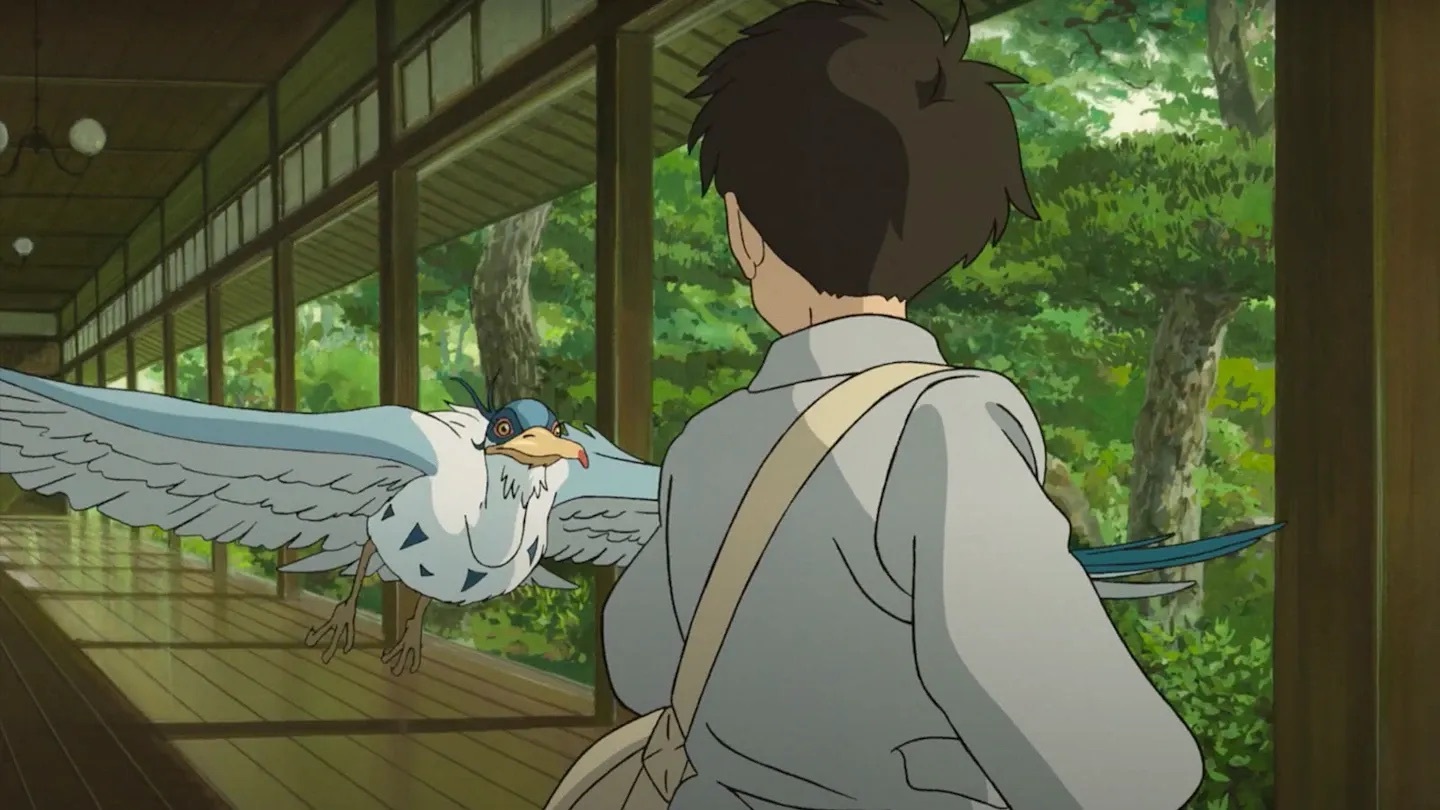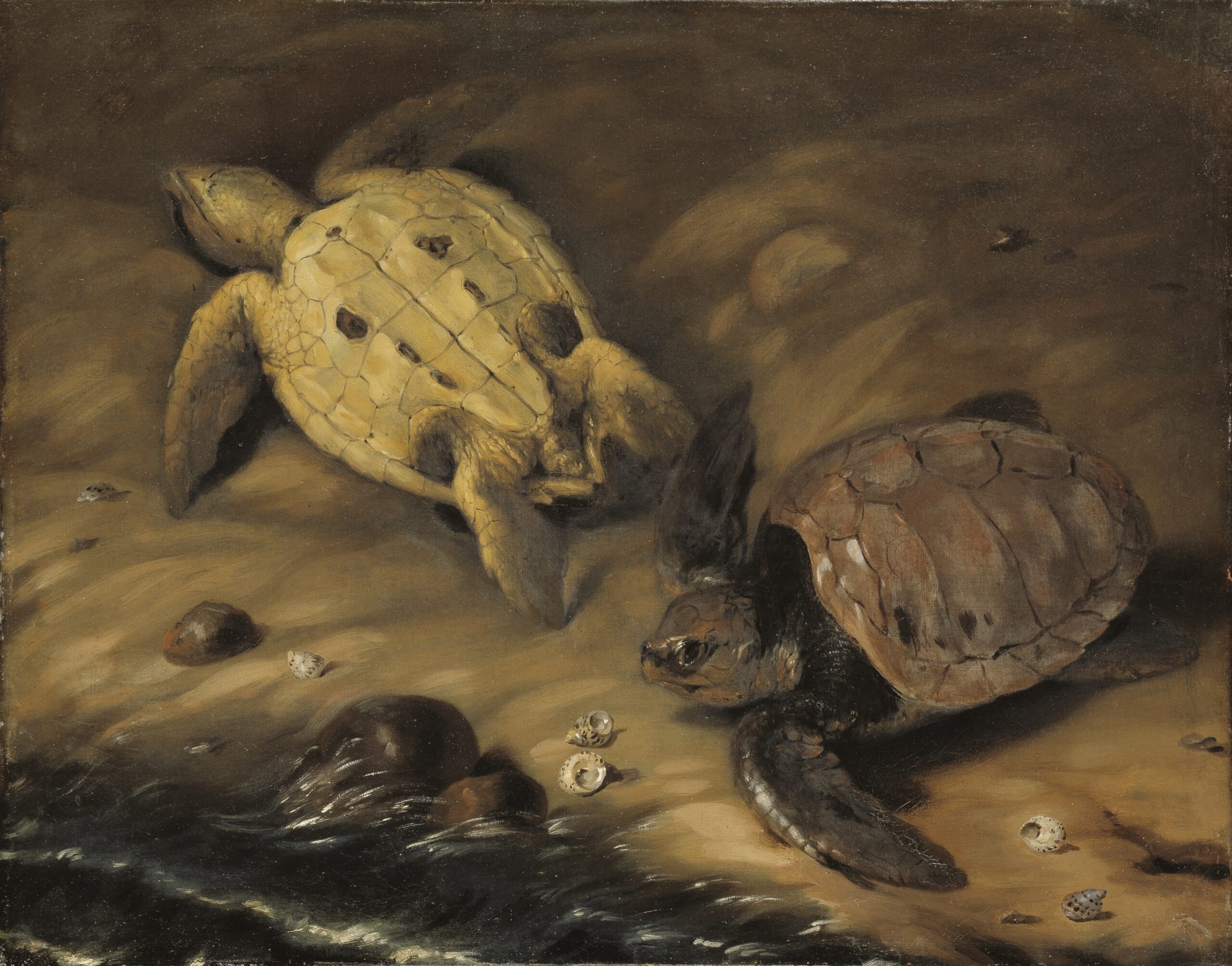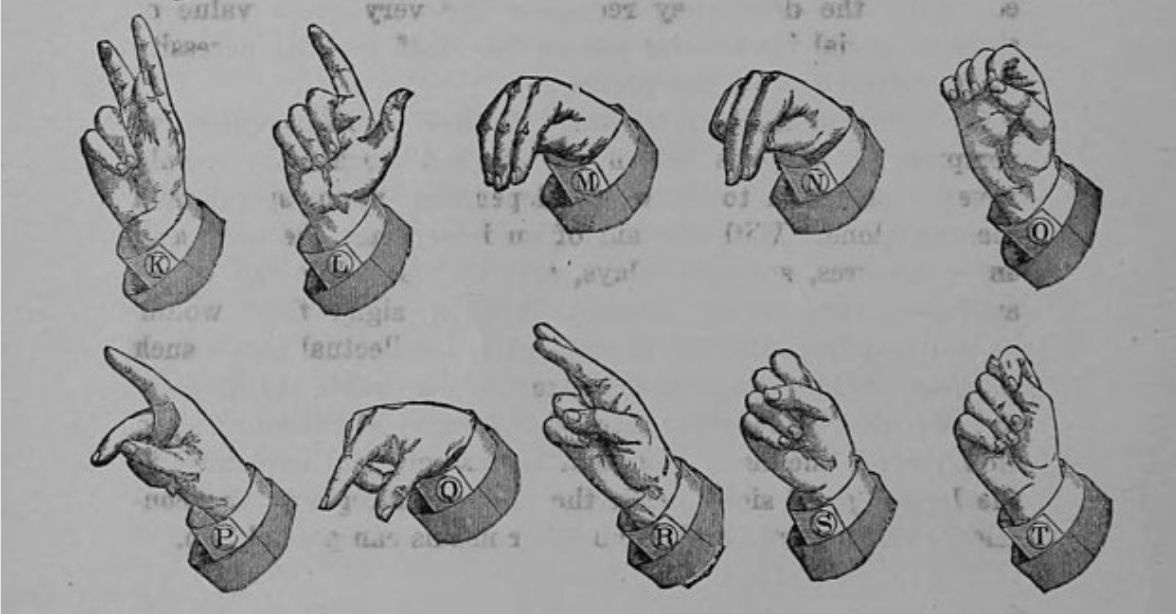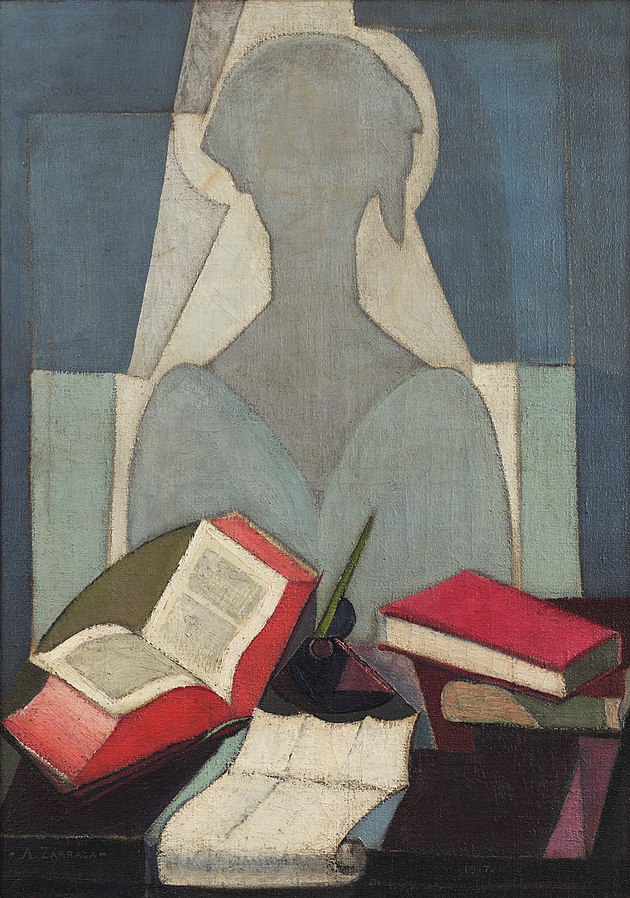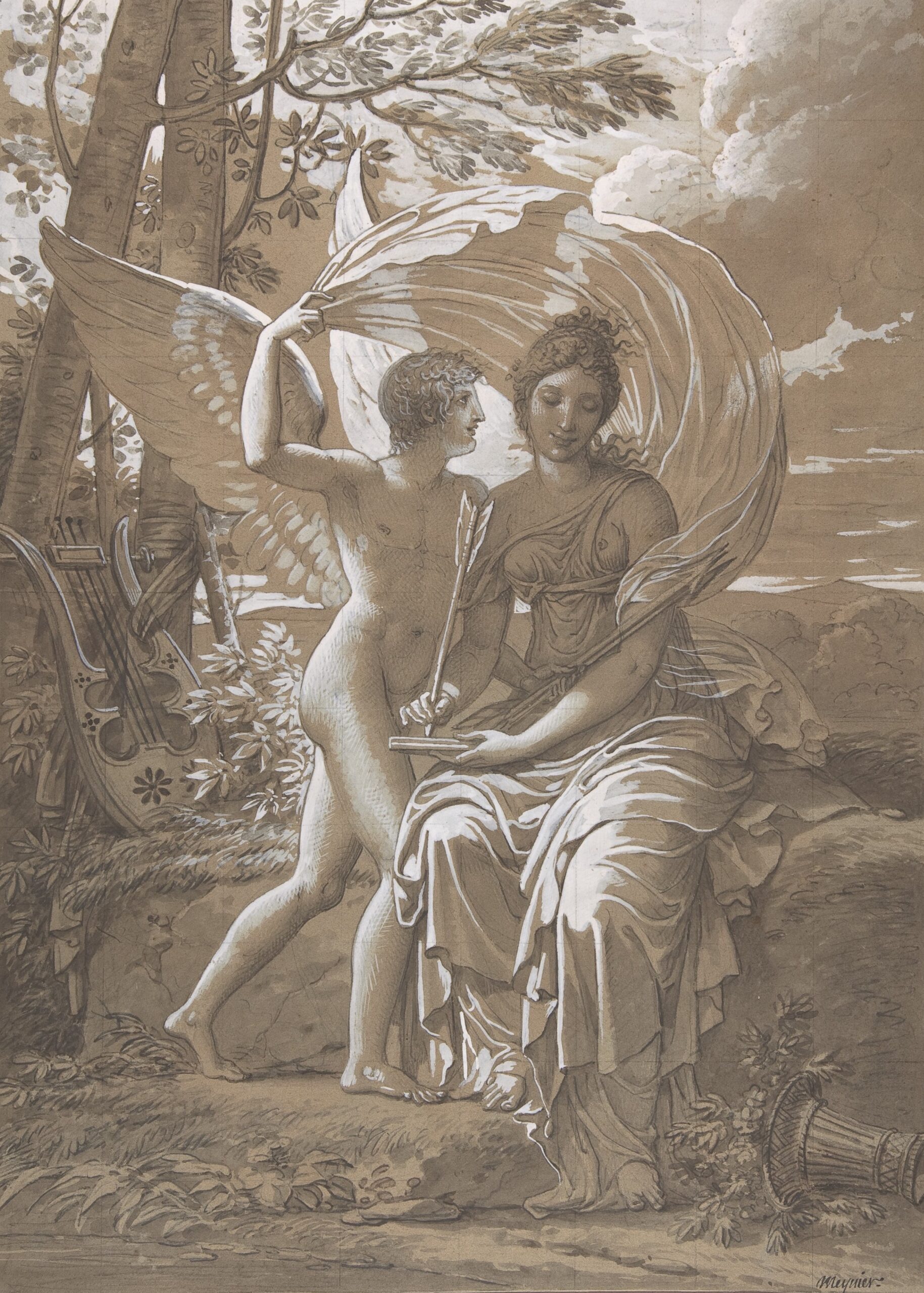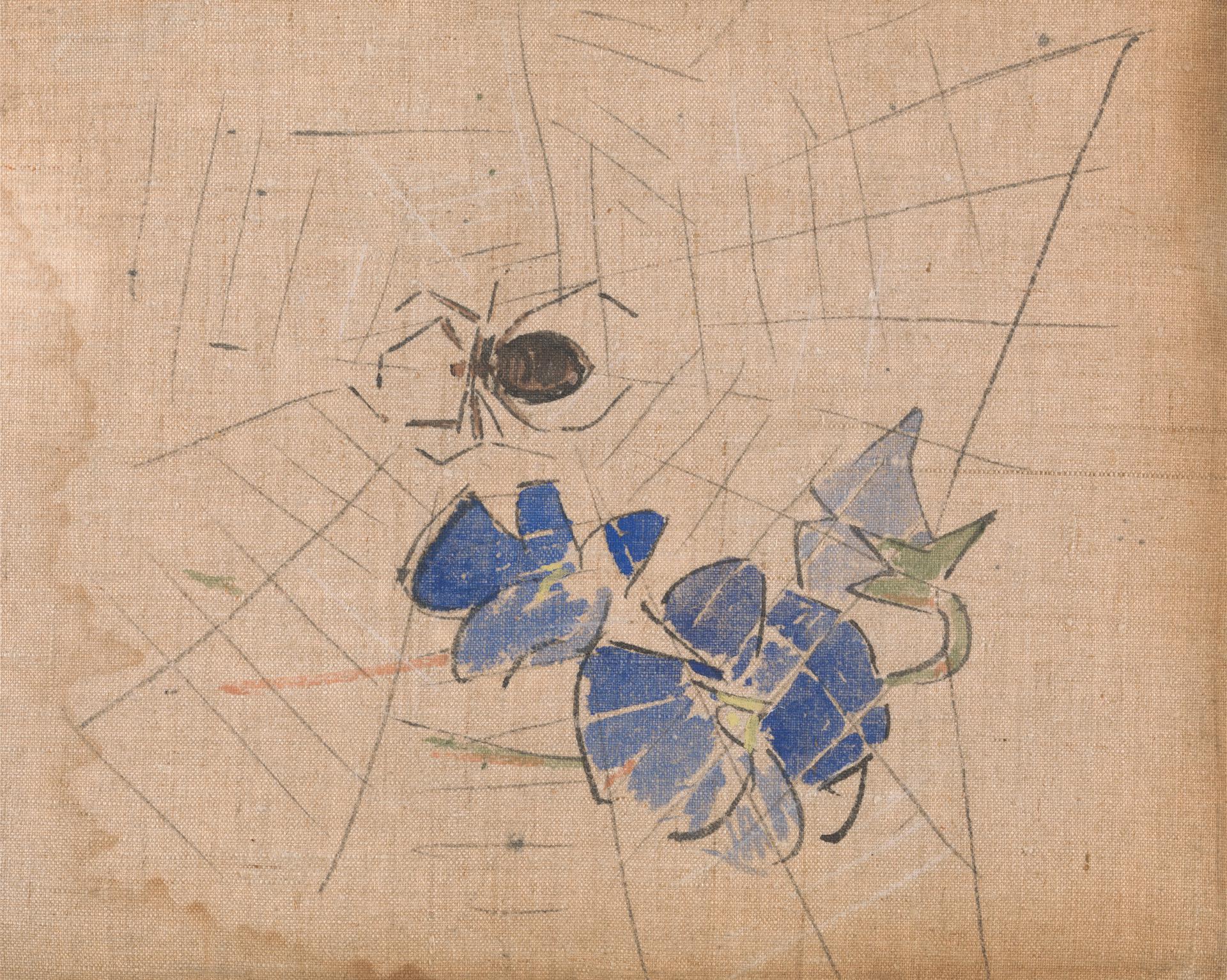Honey, would you read my book? More dangerous words have never been spoken. The request sounds innocent enough. But the transaction it initiates is fraught with expectation and fear, hope and anxiety. If it goes well, the gesture adds a deeper layer to an already intimate connection between writer and reader in which each is the beloved of the other. If it goes badly, the simple offer of pages to read can shake relationships, unsettle marriages, and open wide rifts between partners, lovers, friends.
Many of us assume that it is practically a duty of the writer’s partner to read everything in the writer’s oeuvre. It can seem a striking lack of generosity or love if a partner, no matter how encouraging in general, fails or declines to read the actual poetry or prose the writer creates. Readers often want to know: what does your husband/wife/partner think about the book? And writers feel perhaps a little ashamed, hurt, and unloved if they must confess that their significant others have not even read their books in the first place.
That was how I felt when my first novel was published, knowing that my then husband had not read it. But in the year and a half since my book came out, I’ve come to realize that the question of when and if and how the beloved should read is a complicated one. I believe there is no straightforward answer to whether it is right or wrong, a right or a privilege. But I do think a look at our attitudes towards this request can illuminate something about how we view the act of writing itself.
 Years ago, I printed out 30 or so pages of the manuscript that would eventually become The Clover House and asked my husband to read them. He agreed and set the pages on his nightstand on top of whatever book he was reading. He got through the first page or two, but the rest of the material sat there unread for what seemed to me a very long time until, hurt and confused, I took the pages back. I felt in a way betrayed, as if my right to a certain kind of attention had been forfeited. I assumed my husband had made a certain promise that he had now broken: the writer’s partner must read the writer’s work. Married, I read her (to mangle Jane Eyre).
Years ago, I printed out 30 or so pages of the manuscript that would eventually become The Clover House and asked my husband to read them. He agreed and set the pages on his nightstand on top of whatever book he was reading. He got through the first page or two, but the rest of the material sat there unread for what seemed to me a very long time until, hurt and confused, I took the pages back. I felt in a way betrayed, as if my right to a certain kind of attention had been forfeited. I assumed my husband had made a certain promise that he had now broken: the writer’s partner must read the writer’s work. Married, I read her (to mangle Jane Eyre).
He and I could have saved ourselves a lot of trouble if we had agreed on the meaning of my offer of pages. Instead, we were operating under two very different assumptions. He thought I had given him something to read with a critical eye, and he found that at the end of a long workday, he lacked the energy to do so. At another stage, I might have asked for his editorial attention, but then I was simply inviting him in to the intimate world of my imagination where his job was not to critique or correct but to admire and acknowledge. I had made something out of thin air; I wanted him to confirm and share in the existence of my creation.
Curious about how my experience fit in with that of other writers, I asked a few to weigh in on what kind of role, if any, their significant others play in their process. Julia Fierro says that her husband Justin Feinstein, also a writer, will “read a draft of [her] novel maybe once or twice—not over and over like some couples.” In an email, she described how she and Feinstein read their work aloud to each other as they go, a few pages at a time. “Not only is the process helpful,” she writes, “but it is also a wonderful way of sharing not only your work, but also the moment, with your partner.”
For Dawn Tripp, the sharing of work with her husband is similarly a vital part of her craft. “When he works through one of my drafts,” Tripp wrote in an email, “it’s not simply that he comments on what’s on the page; he’ll also point out some aspect of the story I could push deeper into, some risk I haven’t taken yet. He gets the raw vision of what I’m trying to do, and he knows my strengths and weakness, and he’s direct, which has helped me to become more ruthless with my own work. It’s an incredible gift — to have this kind of dynamic tension, that creative intimacy in a relationship.”
Contrast this, though, to Matt Bell’s thoughts on why he doesn’t generally share his work with his wife. “My writing isn’t really her kind of thing to begin with,” Bell messaged me, “and of course she just knows too much about me to read my work in the same way she might see a more unknown author, one who hasn’t shared her house for the last 10-plus years. It’s not a problem though, because I’m not asked to read everything she writes either.” He goes on to say, of his wife’s science writing, “I really don’t understand a lot of it, and I don’t think she expects that I will. In the end, we have different skills, different talents, different interests, and that’s probably for the best.”
As much as readerly intimacy can be an advantage for the writer, then, it can be an obstacle to a useful assessment of the writer’s work. As Bell’s comments suggest, a partner who knows the writer well will be unable to render an objective and, the implication is, valuable judgment. Bell raises an additional question about the writer-reader marriage when he says “It’s not a problem though, because I’m not asked to read everything she writes either.” She doesn’t read his and he doesn’t read hers, and that lack of exchange is not only fair, in Bell’s view, but appropriate. In Bell’s view, it seems, since the work of the writer and of the non-writer are equally non-understandable to the other, none of it is particularly crucial to the relationship. It’s okay not to share.
After my own early attempt to share my work with my husband, my initial hurt gave way to the confidence that not only could we conduct our marriage just fine without that layer of connection (which we could; the marriage ended for different reasons), but also we had achieved an even balance like the one that Bell describes. While I feel sure of this on an intellectual level, I can’t deny that I was missing something — Tripp’s “dynamic tension” that fuels greater emotional and creative intimacy. Jenna Blum observes that her fiancé has not read her novels, and, she says, “it’s a sore spot in the relationship. Ideally, you want those you love to know you best of all — and for writers, what better way to get to know us but through the best of us, our work?” As an actor friend reminds me, given that most creative work depends on an audience, when a partner removes herself or himself from that audience, it can feel like being ignored. Something is lost, I think, when you can’t turn your partner’s attention to some of your most deeply felt beliefs and ideas, when you want to say look, look at what I made and your partner doesn’t mind not seeing.
But I want to try to view this from the non-writer’s perspective — the non-writer who may, in fact, feel that a writer’s writing is not “the best” the he or she can bring to the relationship. It can be said, after all, that the significant others who opt out of reading do so as a way to actually foster intimacy. The musician’s partner who doesn’t hear her compositions is at the same time declining to join strangers in a public act. The writer’s partner who chooses not to read the novel sold in bookstores and consumed by hundreds or thousands of strangers is in a way holding onto a private and personal knowledge of the beloved, one that is not dependent on a commercial apparatus. I’ve heard memoirists report their partner’s discomfort with learning through a manuscript certain crucial elements of the memoirist’s life. This discomfort seems justified, for I think we want our intimate relationships to be created and sustained through direct and directed communication. A memoir — even a draft placed in the beloved’s hands — is addressed to an infinite number of readers. We want the lover’s whisper, not the public announcement.
And then there is the spectre of infidelity. It’s been said that the experience of writing is like that of falling in love. The writer enters an exciting new world in which experience is immersive and vivid, in which joy and despair mingle and everything — every gesture, emotion, event — connects back to a sustaining energy. But really, to write is to have an affair. In creating our narratives, we engage in a kind of seduction; we’re called by a lover’s whisper but it’s the summons of our inventions, not our partners. The writer is spirited away from others, secludes herself with only her new creation for company. She emerges at the end of each writing session a little glassy-eyed, thrilled, and pleasantly weary, or simultaneously anxious and hopeful in the way that love renders a person.
Then she asks her partner to read the pages that bear witness to that deep, meaningful, and thrilling relationship she is conducting with an imagined world. Is it any wonder that a writer’s partner might feel a bit uneasy? Of course the same is true of any activity that seems to exclude the partner in a threatening way. But writing comes right up to that line between private and performative in a way that casts this problem of sharing into high relief. The writer’s partner is just like everybody else, a potential audience member for the work, but also (ideally) must be like no one else. The partner has to negotiate on the one hand the expectation that she will behave like every other reader and on the other hand the need to be unique. Honey will you read my book is an invitation to occupy two very distinct ways of being. It’s not an impossible task, but we writers should be mindful of how difficult it is to achieve.
Image Credit: Pexels/Alina Vilchenko.
